BRICS 2023 summit marks beginning of end of West’s hegemony: Analyst
By Ali Ghorban Bagheri
The decision to add six new members by the BRICS alliance at its 15th summit in Johannesburg is brave and will boost the bloc’s power and enable it to end the West’s global domination, says a Lebanese analyst.
In an interview with the Press TV website, Nasser Akhdar, a Lebanon-based deputy secretary-general of the Islamic Radio and Television Union, said the summit marks the beginning of the end of West’s hegemony.
“History will show that the BRICS 15th summit was the beginning of the end of the West’s military, political and social hegemony, as in this summit, bloc members formed an economic center of gravity against the US hegemony,” he stated.
In its three-day annual summit last week, BRICS invited Iran, Saudi Arabia, the UAE, Egypt, Ethiopia and Argentina to join the bloc from January 1, 2024.
The group comprising five major economies – China, Brazil, South Africa, Russia, and India – agreed on “the guiding principles, standards, criteria and procedures of the BRICS expansion process”, during the meeting in Johannesburg.
Akhdar said BRICS’ would-be members, particularly Iran, will help boost its political might.
“Iran is the only country that has based its foreign policy on refusing to follow either the West or the East. The country is intent on fighting imperialism and BRICS also aims to break away from the West’s influence. So countries like Iran really boost the bloc’s political power,” Akhdar asserted.
He said including other oil-producing countries in the group can also increase its economic clout.
“It’s true that some new members are still influenced by the US, but given that Washington is on the decline, these states are increasingly prioritizing their own national, ethnic and regional interests.”
The analyst said that in the current environment, countries are gradually joining hands to form a new world order in the belief that the current order is problematic and unable to overcome economic challenges and disputes over resources, welfare and development.
“The expansion of BRICS represents an attempt to save the world from the crisis caused by the capitalist system and countries that support this system. This system’s teachings about development and democracy are now proven to be mere lies,” he said.
Pointing to the fact that BRICS – following the addition of its new members - would account for 46% of the global population and nearly 40% of global GDP, Akhdar said the geopolitical alliance can now better push for a new world order based on multilateralism.
“BRICS can create alternative financial and political structures that can solve ongoing maladies,” he said.
“The bloc pursues a policy of economic convergence, working to put an end to Washington’s financial sovereignty, manifested in the domination of the dollar, and to create an alternative financial system based on trade in local currencies.”
However, Akhdar said the bloc now faces challenges it needs to overcome, including that it has no secretariat or charter while its chairmanship rotates between members.
The Lebanese analyst said the second challenge is that its members are from very different cultures, and this can make cooperation a bit more difficult.
“BRICS is a synthesis of various cultures. Its members are tied by a desire to counter the Western hegemony in economic and political fields. This political bond needs to be protected,” he stated.
(Translated by Alireza Hashemi)
Hamas says 'keen in comprehensive truce', blames Israel for sabotaging talks
Bahraini resistance group Saraya al-Ashtar joins the fray against Israel
Amid US campus movement, purge of pro-Palestine professors intensifies
VIDEO | 1st successful DCD transplantation from PTE multi-organ donor
Pro-Palestine wave sweeps Caribbean as many recognize Palestinian statehood
BBC’s new fabrication on Nika Shakarami’s death part of propaganda war against Iran
Iraqi media not allowed to use ‘Israel’ for Zionist regime: Official
Israeli airstrike on southern Lebanon village kills three civilians


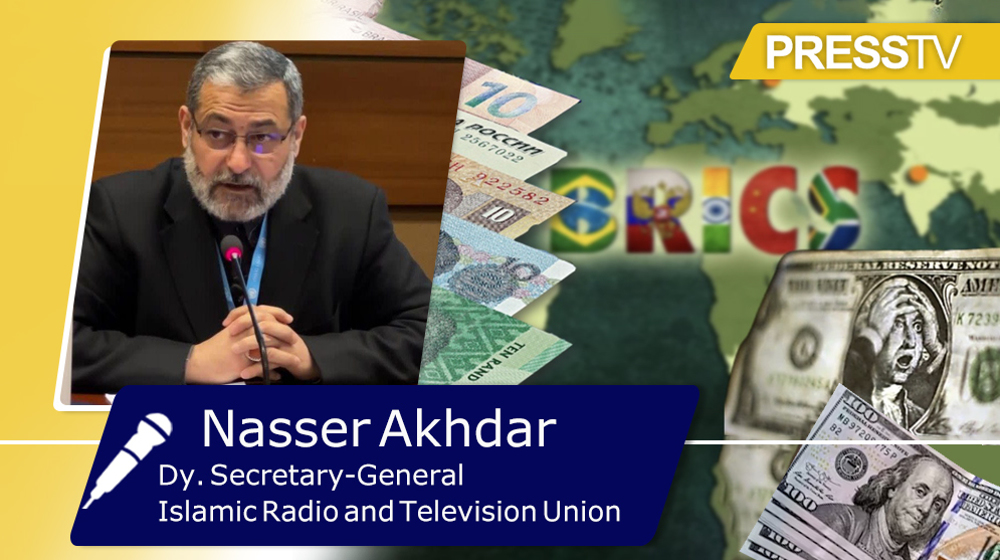
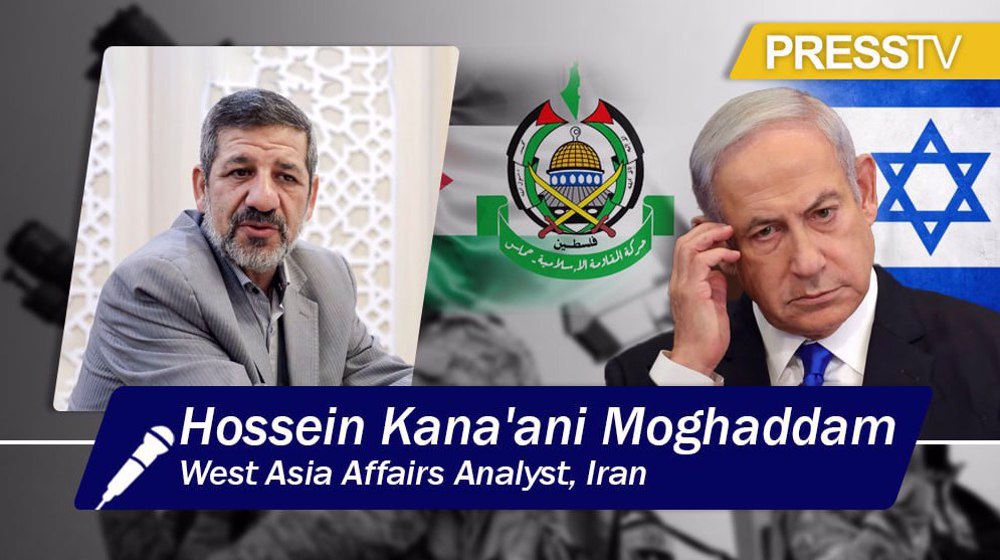
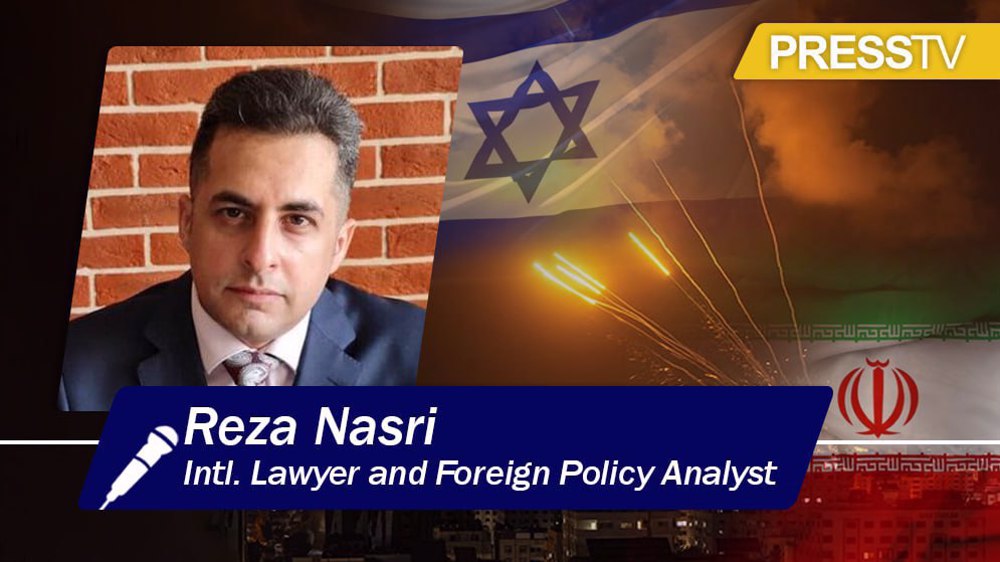
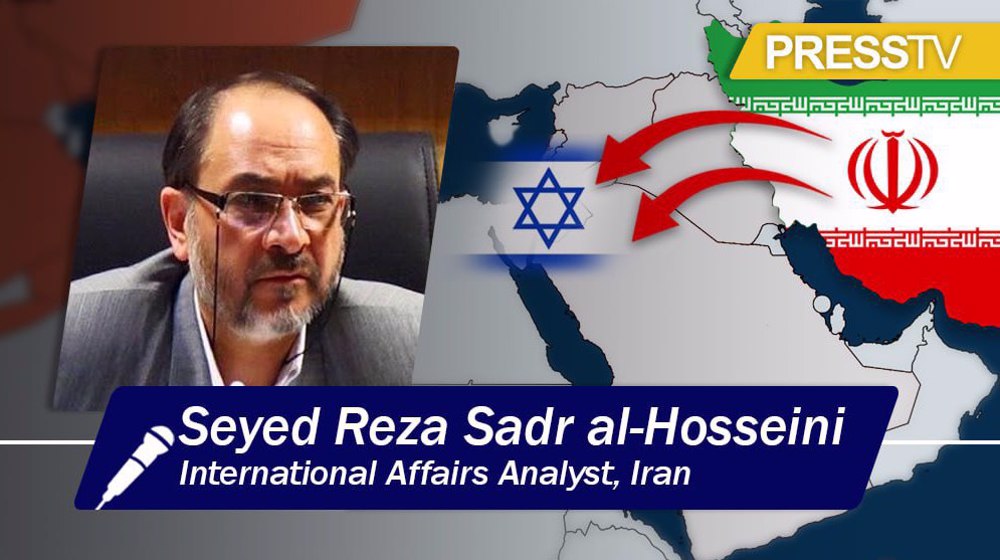



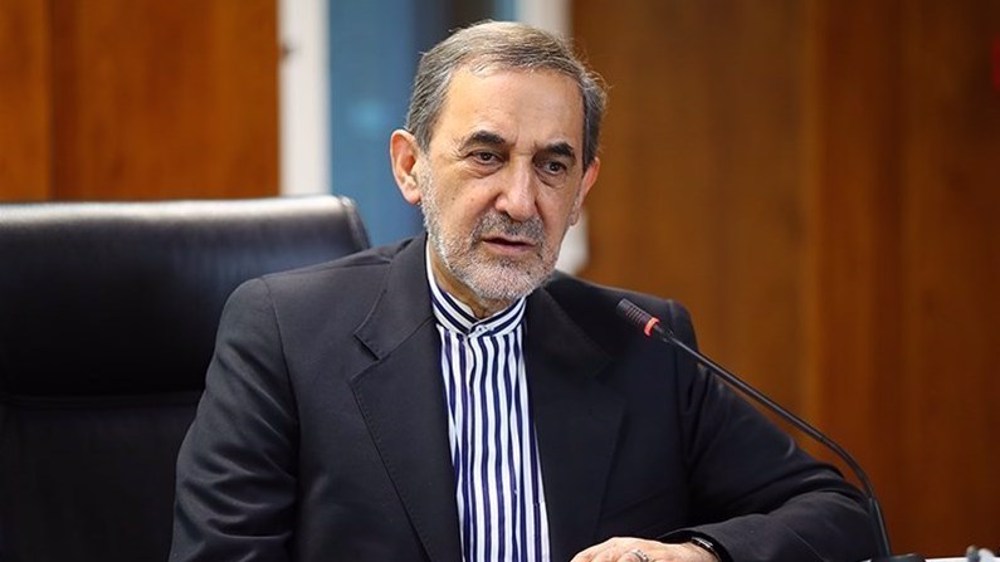
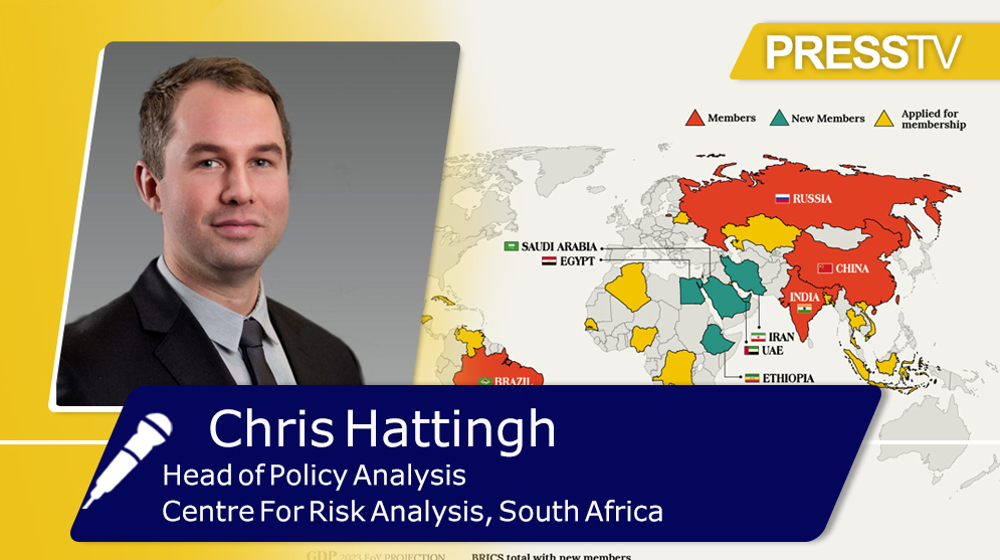
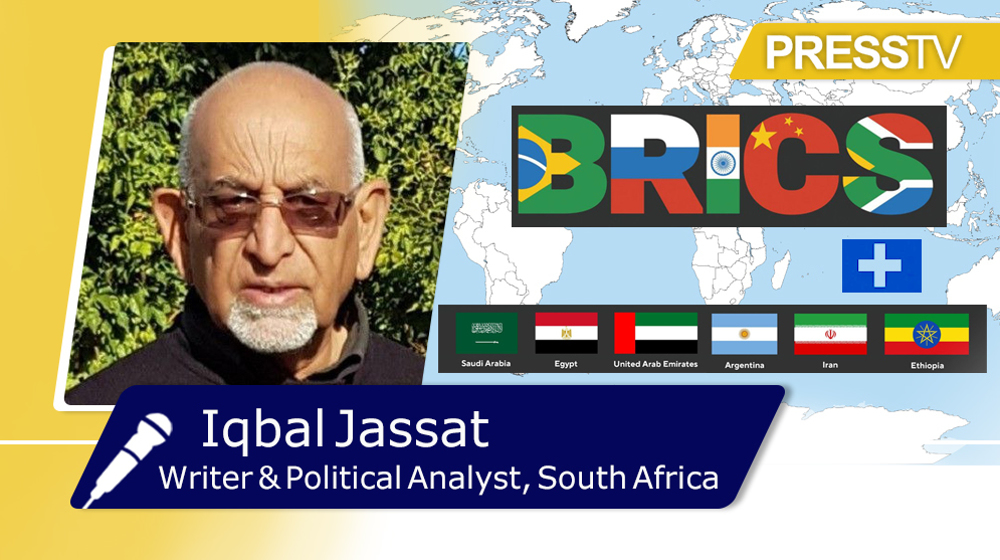
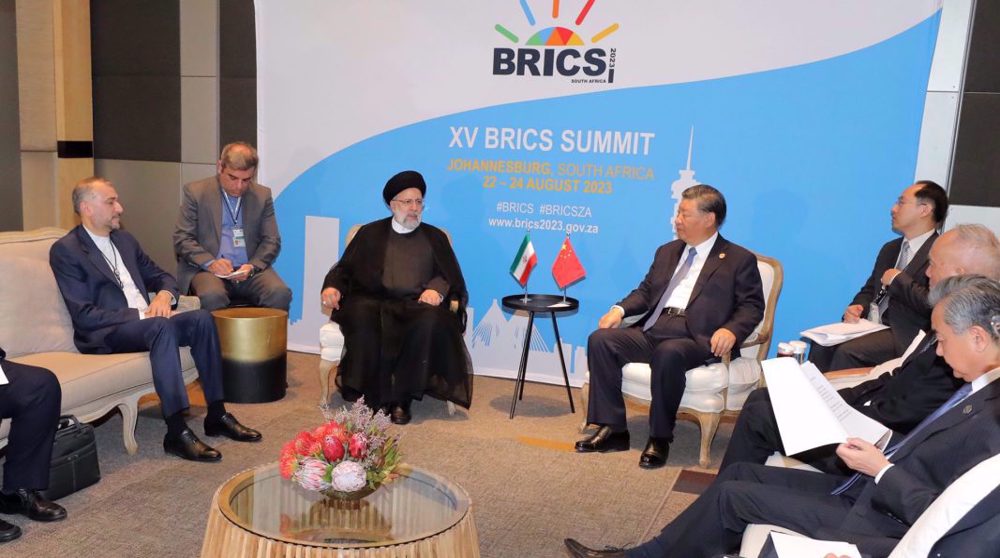
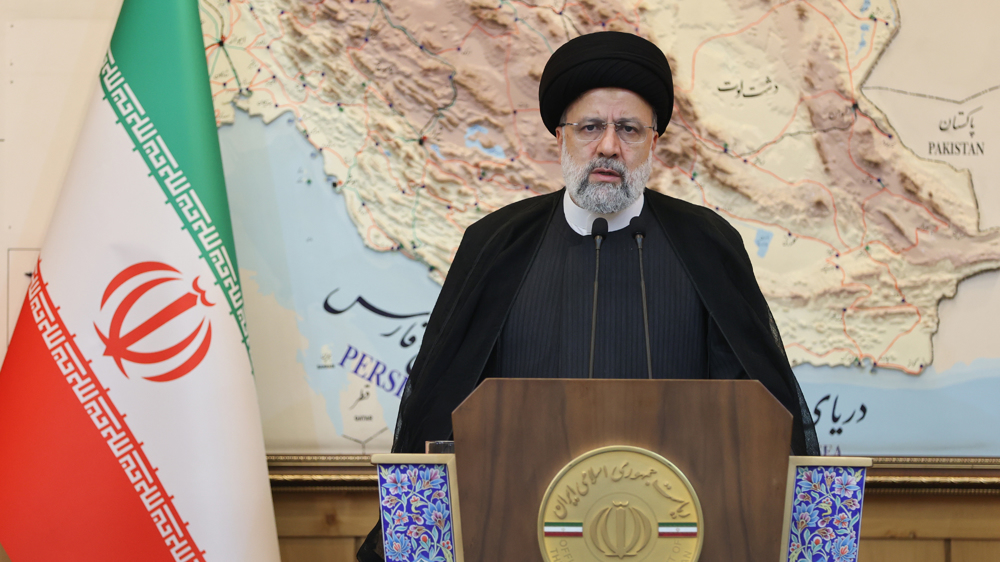

 This makes it easy to access the Press TV website
This makes it easy to access the Press TV website